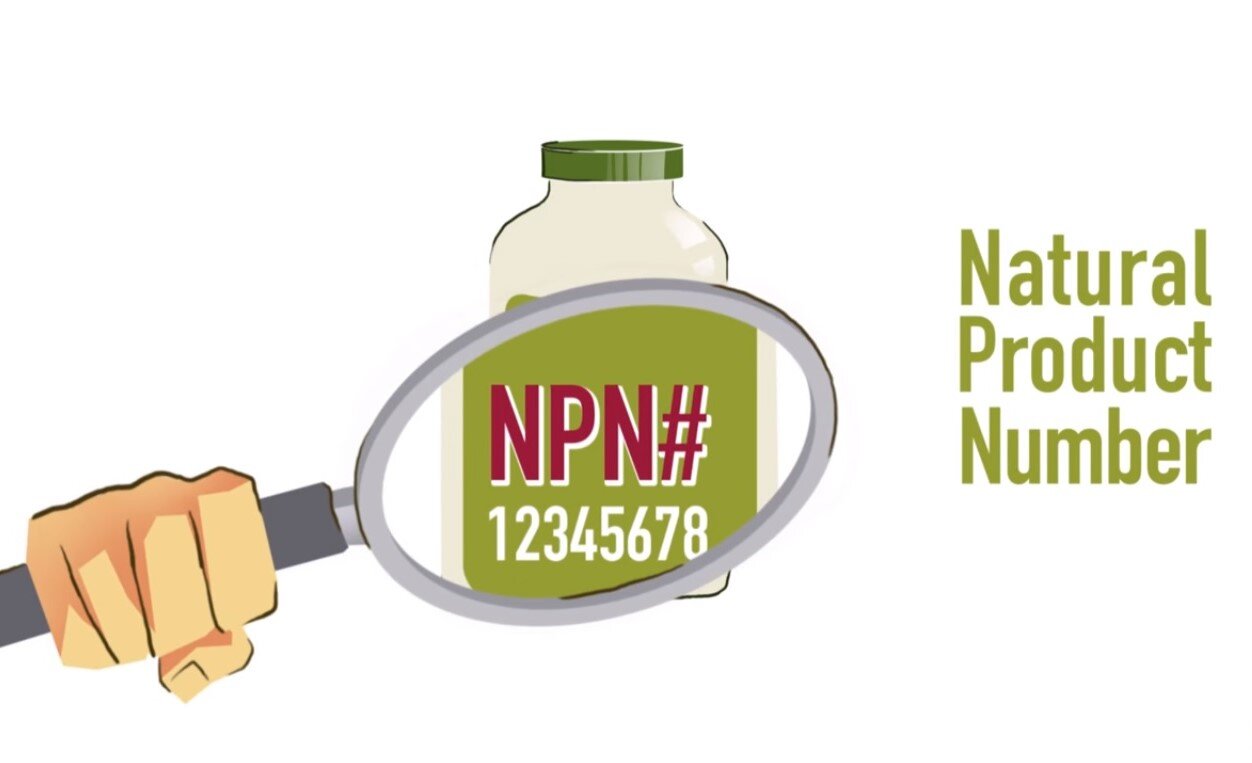How Omega-3 Fish Oil Helps Your Brain and has Other Benefits
By Michelle W. Book - Originally Posted on www.healthierbynature.ca
Fish has long been a nutritionally valued part of diets around the world, and a closer look reveals why it’s so good for our brain!
Have you ever heard parents tell their children that “fish is brain food”? This isn’t just a clever tactic to get them to clean their plates – it turns out there is science behind the saying in terms of the valuable nutritional benefits specific to fish.
Fish has been a valued part of traditional diets across the globe for thousands of years, and regular fish consumption is encouraged as a part of a healthy diet. Not only is it an excellent source of protein, vitamins and minerals, but it also contains omega-3 fatty acids – valuable polyunsaturated fats that are essential to the human body, meaning that we need to get them through dietary sources.
The Nourishing Fats of Fish
The two omega-3s that relate to the brain are eicosapentaenoic acid (EPA) and docosahexaenoic acid (DHA). These fats are found in abundance in fish like mackerel, salmon, sardines, anchovies, and herring.
What also makes fish such a valuable source, is that there aren’t many other dietary sources so rich in EPA and DHA. While there are plant sources that contain alpha-linolenic acid (ALA) which can be converted to EPA and DHA, like walnuts, flaxseed, hemp seed, chia seeds and soybean oil, some research has found that the conversion rate isn’t very efficient, with only a small percentage becoming EPA or DHA.
Still, many people find it hard to frequently incorporate fish into their diets in recommended quantities and are still falling short of getting enough EPA and DHA. This is where omega-3 fish oil supplements come in to play as a convenient and effective supplement!
Fish Oil and The Brain
It’s no wonder that fat plays a key role in brain structure – the brain itself is close to 60% fat! EPA and DHA can be found in the membranes of brain cells, helping to support cellular integrity, as well as facilitate communication between brain cells. Researchers have explored the relationship between omega-3 fish oil and memory, cognition, and in various stages of degenerative cognitive conditions with promising results.
Studies have found that omega-3 fish oil has positive effects in supporting cognitive health and brain function, when supplementing daily with an omega-3 fish oil containing 100-5,000 mg EPA and DHA including at least 100 mg DHA.
There’s also the emotional side of the brain, and there’s no doubt that nutrition has an effect on mood. Taken alongside a healthy diet, omega-3 fish oils with a higher ratio of EPA to DHA (2:1), containing at least 1000 mg EPA can also help to promote healthy mood balance.
The influence of EPA and DHA on the brain in the early years of life, during gestation and early childhood, has also been explored, and omega-3 fish oil products containing at least 150mg DHA can help support the healthy development of brain and nervous tissue in children up to 12 years of age.
Besides supporting brain health cognitive and mood health, omega-3 fish oils have been found to help support other areas of health, including:
Cardiovascular health
Daily supplementation of omega-3 fish oils has been associated with positive effects on blood pressure and reducing serum triglycerides. Dosages of 200-5,000 mg EPA and DHA have been found to help maintain and support cardiovascular health with a ratio of EPA:DHA between 0.5:1 and 2:1
Pain relief in rheumatoid arthritis
Higher doses of EPA and DHA (2,800-5,000 mg EPA and DHA) have been found to be an effective complement to conventional therapies in reducing pain associated with rheumatoid arthritis.
Everyday health
Supplementing daily with a quality fish oil containing 100-5,000 mg EPA and DHA can help with the maintenance of good health – a great preventative approach that can help protect wellbeing.
Choosing Your Omega-3 Fish Oil
When looking at omega-3 fish oil labels – it can get a little confusing.
What you’re looking for is the amount of EPA and DHA in the dosage (e.g. 5 ml, 4 capsules), as well as the ratio of EPA:DHA. For example, if a formula contains 400mg of EPA and 100mg of DHA per serving – you’re looking at a 4:1 ratio of EPA:DHA. Your local CHFA member retailer can help you find the omega-3 concentration you’re looking for, as well as help you navigate labels.
Make sure the bottle or packaging has an eight-digit NPN# to ensure it has been approved by Health Canada for safety and efficacy. You can also look up the number on the Health Canada website to view the product’s approved health claims and research.
Another thing to be aware of is purity and ensuring that the oil is free of contaminants. Always read labels carefully and reach out to manufacturers with any questions.
Like many natural health supplements, if you have a pre-existing condition, are pregnant or are currently taking other medications, be sure to consult with your health care professional.
Visit your local CHFA member retailer for a wide selection of quality, omega-3 fish oils and the right product for you and your family.
Chang CY, Ke DS, Chen JY. (2009). Essential fatty acids and human brain. Acta Neurol Taiwan. 2009 Dec;18(4):231-41. Retrieved from: https://www.ncbi.nlm.nih.gov/pubmed/20329590
Food and Agriculture Organization of the United Nations. Fish and human nutrition. Retrieved from: http://www.fao.org/fileadmin/user_upload/newsroom/docs/BlueGrowthNutritionRev2.pdf
Freund-Levi Y, et. al. (2006). ω-3 fatty acid treatment in 174 patients with mild to moderate Alzheimer disease: omegAD study. Archives of Neurology 63(10):1402-1408. Retrieved from: https://www.ncbi.nlm.nih.gov/pmc/articles/PMC2628584/
Geleijnse, JM. (2002). Blood pressure response to fish oil supplementation: metaregression analysis of randomized trials. J Hypertens. 2002 Aug;20(8):1493-9. Retrieved from: https://www.ncbi.nlm.nih.gov/pubmed/12172309/
Gerster H1. Can adults adequately convert alpha-linolenic acid (18:3n-3) to eicosapentaenoic acid (20:5n-3) and docosahexaenoic acid (22:6n-3)? Int J Vitam Nutr Res. 1998;68(3):159-73. Retrieved from: https://www.ncbi.nlm.nih.gov/pubmed/9637947
Helland, IB. (2003) Maternal supplementation with very-long-chain n-3 fatty acids during pregnancy and lactation augments children’s IQ at 4 years of age. Pediatrics. 2003 Jan;111(1):e39-44. Retrieved from: https://www.ncbi.nlm.nih.gov/pubmed/12509593
Horrocks LA1, Yeo YK. (1999). Health benefits of docosahexaenoic acid (DHA. Pharmacol Res. 1999 Sep;40(3):211-25. Retrieved from: https://www.ncbi.nlm.nih.gov/m/pubmed/10479465/
Ma, Qiu-Lan et. al. (2007). Omega-3 Fatty Acid Docosahexaenoic Acid Increases SorLA/LR11, a Sorting Protein with Reduced Expression in Sporadic Alzheimer’s Disease (AD): Relevance to AD Prevention. J Neurosci. 2007 Dec 26; 27(52): 14299–14307. Retrieved from: https://www.ncbi.nlm.nih.gov/pmc/articles/PMC2628584/
Singh M. (2005). Essential fatty acids, DHA and human brain. Indian J Pediatr. 2005 Mar;72(3):239-42. Retrieved from: https://www.ncbi.nlm.nih.gov/m/pubmed/15812120/
Volker, D. (2000). Efficacy of fish oil concentrate in the treatment of rheumatoid arthritis. J Rheumatol. 2000 Oct;27(10):2343-6. Retrieved from: https://www.ncbi.nlm.nih.gov/pubmed/11036827



